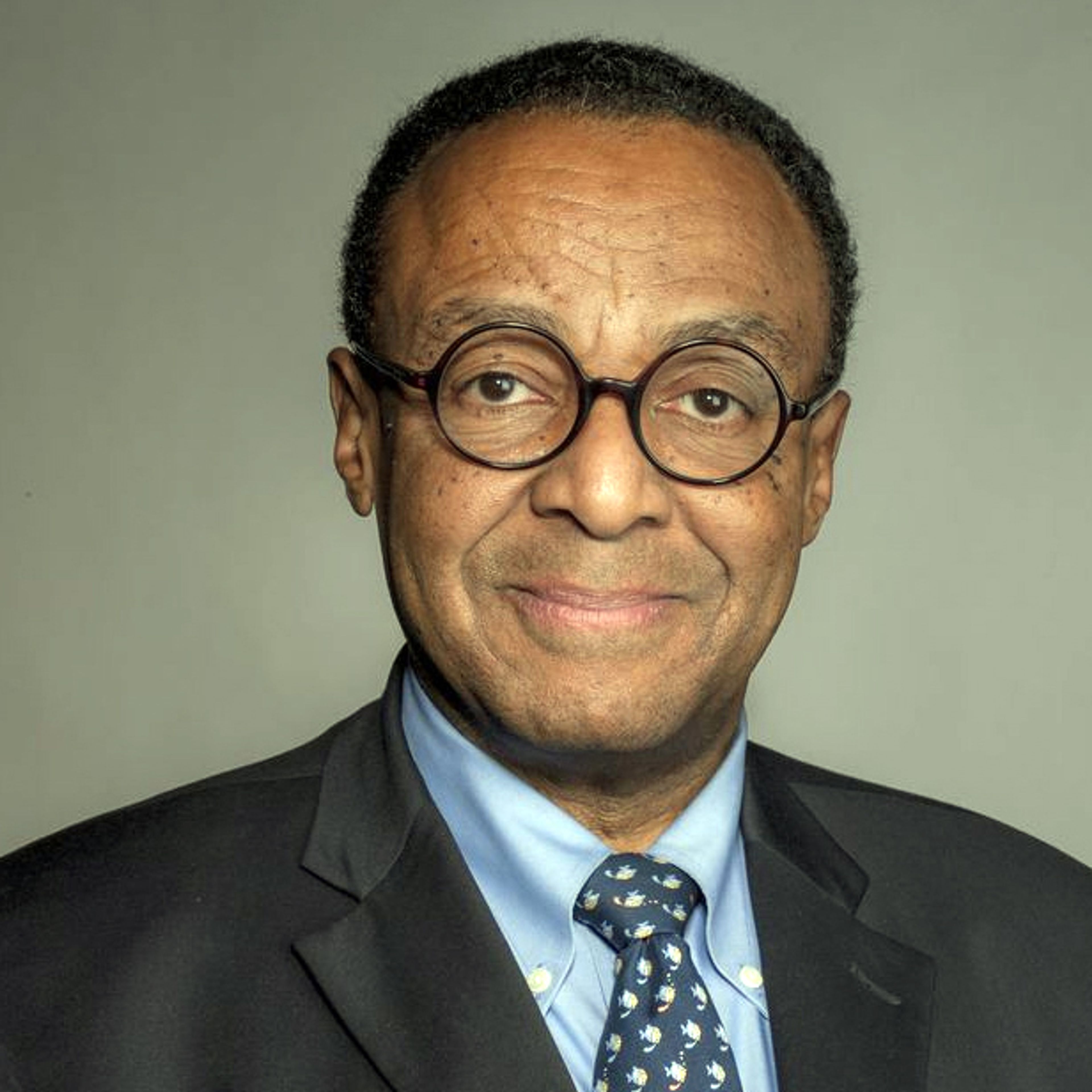OPINION: Passing Open Primary Initiative is just the beginning
Editorial: The Tribune’s Opinion
Ask someone who is gathering petition signatures for Idaho’s Open Primary Initiative and she’s likely to express a bit of optimism about qualifying it for the November ballot.
The campaign needs about 63,000 signatures by May 1. It now has more than 58,500 toward a goal of securing 100,000 signatures as a cushion against those signers who are disqualified because they’re not registered to vote.
She might also seem upbeat about the measure’s prospects with the voters. Idahoans seem unhappy with the current closed GOP primary — an exercise in voter suppression that requires people to publicly declare their allegiance to the Republican Party while placing obstacles in the path of anyone who wants to participate.
The result has empowered a smaller, more partisan, ideological wing of the GOP to essentially nominate and elect Idaho’s leadership.
The ballot measure would replace it with an open primary that keeps a voter’s preferences private. The top four candidates in any race — regardless of party affiliation — would advance to the general election, where ranked-choice voting would elect the candidate who wins a clear majority.
A recent Boise State University Public Policy Survey says 57.6% support the top four primary — more than double the 26.6% who oppose it.
The question of ranked-choice voting may be tougher to sell — only 34.5% support that concept. However, the initiative’s advocates believe the survey question confused people into believing the two ideas — top four and ranked-choice voting — were seen as competing alternatives rather than two parts of the same cohesive package.
Where that OPI volunteer betrays some fear is not in what happens in November. It’s what comes next: Will the Idaho Legislature that takes office next year simply repeal it?
Her fear is well-grounded.
Six years after Idaho voters repudiated a GOP Legislature that had become intransigent on the issue and voted to expand Medicaid coverage to the working poor, Republican legislators don’t even pretend to follow the wishes of their voters. Once again, some lawmakers this session tried to repeal Medicaid expansion.
It took the Idaho Supreme Court to block the Republican Legislature’s efforts to effectively repeal the initiative process entirely. And Idaho Republican Party Chairperson Dorothy Moon is up to more mischief, asking lawmakers to eliminate the ability of ordinary Idahoans to make their own laws at the ballot box — or at least make it much harder for voters to do so.
And Moon’s wing of the party is openly hostile to the OPI — for the nakedly obvious reason that it would put them out of business.
How to counter it?
Start with the Rusche Rule.
In 2018, former state Rep. John Rusche, D-Lewiston, challenged the man who had defeated him two years earlier, Rep. Mike Kingsley, R-Lewiston.
Rusche, a pediatrician and former health insurance executive, made Medicaid expansion a centerpiece of his campaign. Within the legislative district, the idea was popular with constituents who ultimately voted in favor of it by 62.3%.
To neutralize an issue that buoyed Rusche’s chances, Kingsley ultimately took the pledge: “I’ll support the will of the people (if it passes).”
Kingsley won reelection by 58.7%.
When he returned to Boise the following year, Kingsley flirted with the issue. In committee, he supported measures that undermined the Medicaid initiative. But once it reached the House floor, the Lewiston Republican kept his word.
So every effort should be taken to round up more Democrats to run for the Legislature. The party, which has taken no stance regarding the initiative itself, has promised to place candidates in at least one race in all 35 legislative districts. Much as Rusche did six years ago, those challengers could compel Republicans to “support the will of the people” after the election.
Given how few legislative districts are actually competitive, some OPI backers are skeptical about how well this tactic would work. But it would help in the margins.
That leaves a massive get-out-the-vote effort. In years past, a ballot measure approved by a supermajority — say better than 60% — has been tougher for lawmakers to attack. Indeed, sometimes it prods them into changing positions. A good example was the state lottery. After an unconstitutional initiative won substantial voter support in 1986, lawmakers, including those adamantly opposed to a state lottery, agreed by a two-thirds majority to place the measure before voters in 1988 as a constitutional amendment.
Besides, passing an open primary by a massive amount would encourage Republican officeholders who privately support the idea and know their electoral prospects are enhanced by it.
After all, this initiative doesn’t change the state’s political DNA. Idaho will remain Republican. The question here is: What kind of Republican? — M.T.






